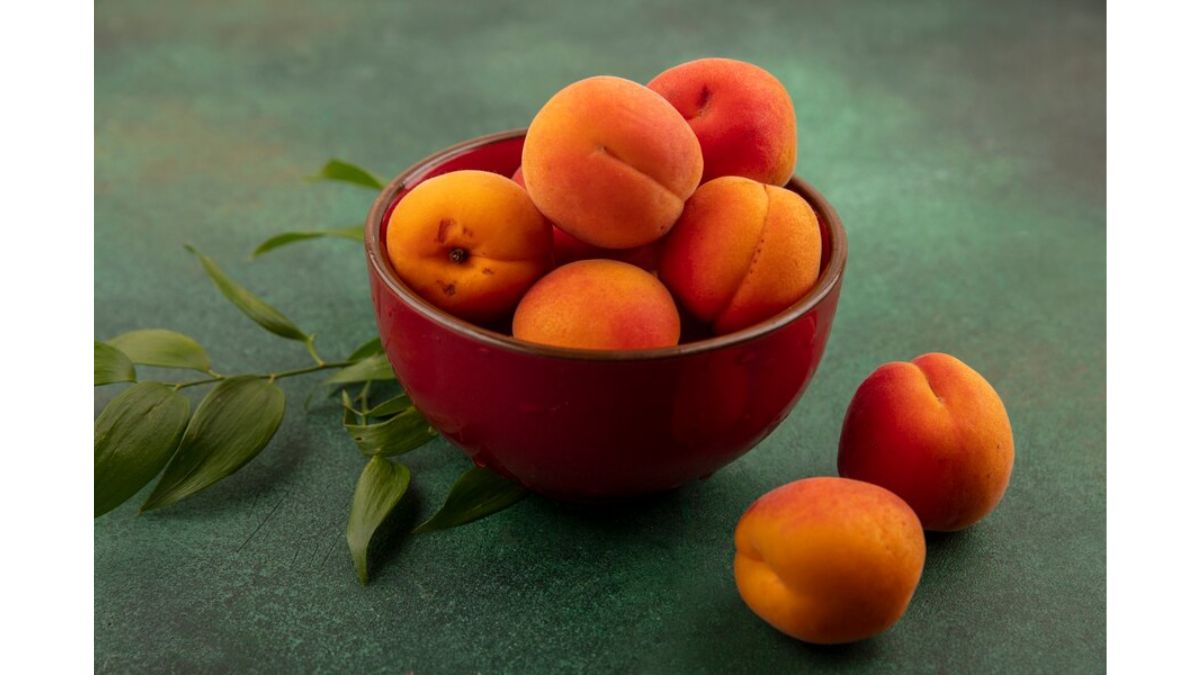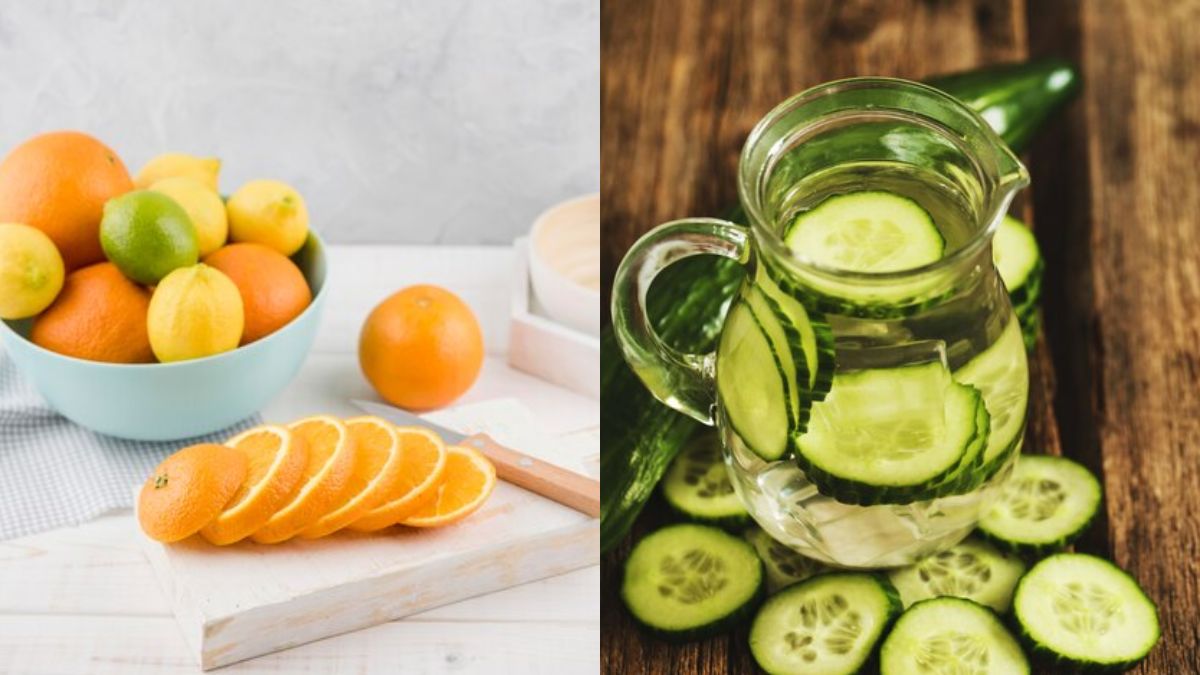- By Prerna Targhotra
- Thu, 02 Nov 2023 12:28 PM (IST)
- Source:JND
Foods With More Hydration Than Water: Many of us assume that the only source of hydration for our body is water. Although water is the main source of hydration, there are certain foods that have more water content and can replenish the body with more hydration than a glass of water. There are times when we feel thirsty but do not want to drink water. At such times, consuming foods rich in water content can satiate your water requirements and boost the body with ample amounts of water along with essential nutrients. Here are some foods that are more hydrating than a regular glass of water.
Watch the video below about why to drink plenty of water daily:
Foods With More Hydration Than Water
1. Watermelon
Watermelon has about 90% of water content and is an extremely hydrating seasonal fruit. Also, because of the high water content, watermelons are comparatively low in calories and abundant in healthy nutrients that promote overall health.
2. Oranges
Rich in vitamin C, oranges are also a great source of water. One orange contains almost a half cup of water and is also abundant in fibre and other vital nutrients. The presence of vitamin C and potassium in oranges helps in boosting immune function and fight the free radicals in the body.
3. Peaches

Peaches are a great source of water content (Image Credits: Freepik)
Peaches are hydrating and nutrient-dense fruits. They contain about 90% of water and are also rich in vitamins A, B, C and potassium. They also contain antioxidants that fight diseases and protect the body against seasonal illnesses.
4. Cucumber
Another hydrating food to add to your diet is cucumber. They are made of almost water content and are incredibly healthy for the body. Cucumbers are also low in calories and high in essential nutrients that make them a great addition to your regular diet.
5. Plain Yoghurt
Plain yoghurt is a great source of water and instantly hydrates the body. One cup of plain yoghurt is made up of more than 75% water. Apart from water, it also has several vitamins, minerals, fibre and other nutrients, which together contribute to enhancing the body’s functioning and development.
(Disclaimer: This article is for informational purposes only. It is not a substitute for professional advice, diagnosis or treatment.)

